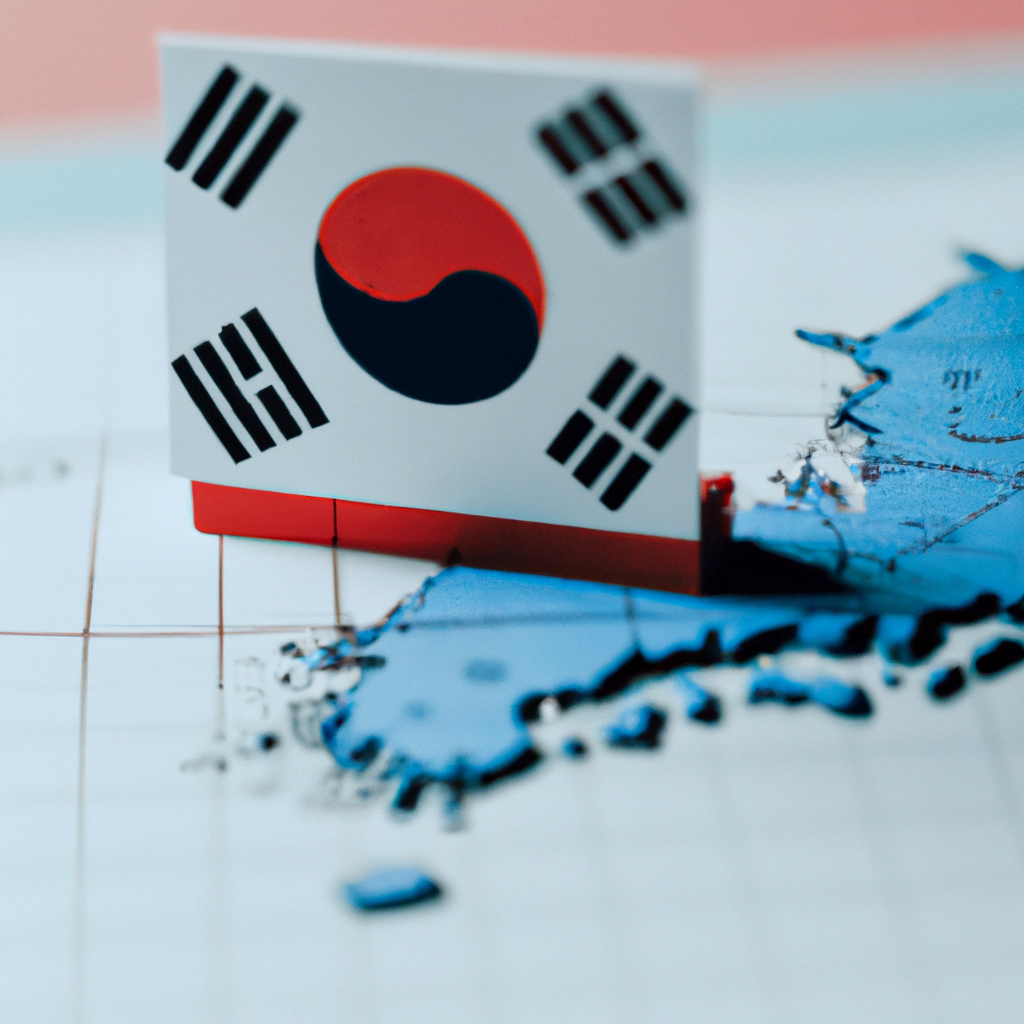How can I explore the history of the Korean War?
Post ByAdequate Travel
Summary
The Korean War was a conflict fought from 1950 to 1953 on the Korean peninsula that reshaped the geopolitical atmosphere of the time. If you're interested in understanding the history of the Korean War, there are a variety of resources available to you to explore the history of this important event. In this blog post, we'll outline the various ways you can explore the history of the Korean War. While planning your trip, take note of any travel restrictions that may impact your itinerary, such as limited access to certain regions or attractions.1. Start with online resources and digital archives
One of the easiest and most accessible ways to explore the history of the Korean War is to utilize online resources and digital archives. Some notable websites and online platforms include:
- The Korean War Project (www.koreanwar.org): This website offers a comprehensive collection of documents, photographs, maps, and personal accounts related to the war.- National Archives (www.archives.gov): The National Archives of the United States allows access to declassified documents, reports, and official records pertaining to the Korean War.- The Korean War Digital History Project (digitalarchive.wilsoncenter.org): The Wilson Center's digital archive contains a vast collection of primary source documents, including diplomatic cables, meeting minutes, and memos from various countries involved in the conflict.2. Visit museums and exhibitions
To gain a deeper understanding of the Korean War, visiting museums and exhibitions focused on its history can provide a hands-on and immersive experience. Some internationally renowned museums include:
- The Korean War Veterans Memorial in Washington D.C., USA: This iconic memorial features a wall of 19 stainless steel statues representing a platoon on patrol, as well as a Pool of Remembrance.- The Korean War Memorial Museum in Seoul, South Korea: Located within the Yongsan Garrison, this museum offers an extensive collection of artifacts, photographs, and interactive displays recounting the war's history.- The War Memorial of Korea in Seoul, South Korea: This museum not only covers the Korean War but also showcases the military history of South Korea, featuring various exhibits and outdoor displays of military equipment.3. Read books and academic literature
Books and academic literature provide in-depth analysis and historical context about the Korean War. Some notable publications include:
- "The Korean War: A History" by Bruce Cumings: This book delves into the origins, events, and long-term impact of the conflict, offering a nuanced perspective.- "This Kind of War: A Study in Unpreparedness" by T.R. Fehrenbach: Focusing on the military aspects, this book provides a detailed account of the war, including strategic decisions and battlefield experiences.- "Korea's Place in the Sun: A Modern History" by Bruce Cumings: This comprehensive history of Korea covers not only the Korean War but also the country's modern development, providing a broader context for the conflict.4. Watch documentaries and films
Documentaries and films offer visual storytelling and personal narratives, providing a different medium to explore the Korean War. Some noteworthy productions include:
- "The Korean War" by Burns and Novick: This documentary series provides an in-depth examination of the war through interviews, archival footage, and perspectives from various individuals involved.- "Joint Security Area" directed by Park Chan-wook: This South Korean film tells a fictional story set in the aftermath of the Korean War, shedding light on the complex relationships between North and South Korea.- "First They Killed My Father" directed by Angelina Jolie: Although not specifically about the Korean War, this film depicts the impact of conflict on a child's life, offering parallels to the experiences of war-affected children in Korea.By utilizing these various resources and approaches, you can gain a comprehensive understanding of the Korean War from different perspectives.Travellers can find valuable travel information for tourists, such as local customs, must-see attractions, and dining recommendations, to make the most of their trip.






